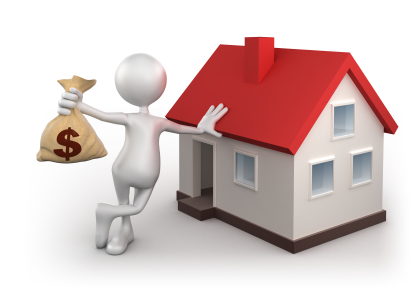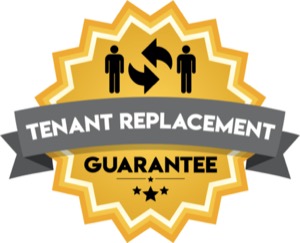
section-1b54b5b
section-4a27993

section-40e7635
Two Strategies for Real Estate Investing
Buy Low, Sell High
 Real estate is an asset that will increase in value given enough time. One strategy is to buy a property that has the most potential for growth just so you can sell it for a nice profit a few months or years later. On one end of the spectrum you have “flippers” who are the day-traders of real estate. They buy a property below market value, either through a foreclosure, courthouse sale, auction or other means, and improve the property so that they can sell it for a quick profit within several months. On the other end of the spectrum, you have investors/speculators who will buy a home in a “hot” market or location, regardless of the rental rates and the price of the home, just so that they can capitalize on the appreciation. They rent it out short term, and in a few years they sell it when the home’s appreciation rate reaches the investor’s goal. Although the velocity of the money may differ, the idea is the same: Buy a home with the intent on selling it within a few months or years for a profit. Rinse, lather repeat.
Real estate is an asset that will increase in value given enough time. One strategy is to buy a property that has the most potential for growth just so you can sell it for a nice profit a few months or years later. On one end of the spectrum you have “flippers” who are the day-traders of real estate. They buy a property below market value, either through a foreclosure, courthouse sale, auction or other means, and improve the property so that they can sell it for a quick profit within several months. On the other end of the spectrum, you have investors/speculators who will buy a home in a “hot” market or location, regardless of the rental rates and the price of the home, just so that they can capitalize on the appreciation. They rent it out short term, and in a few years they sell it when the home’s appreciation rate reaches the investor’s goal. Although the velocity of the money may differ, the idea is the same: Buy a home with the intent on selling it within a few months or years for a profit. Rinse, lather repeat.
Advantages:
- Ability to make money fast
- You can do this for a living – The faster your churn your money, the more you can make
Disadvantages:
- Flipping a home requires more time and more capital – The cost of improvements are added to the transaction cost
- Flipping a home leads to more taxes paid on your profits
- Buying a home just for appreciation could mean negative cash flow as you wait for an attractive sales price
- More transactional risk = more stress
Buy and Hold
 Warren Buffet is a billionaire stock investor and one piece of advice he often offers is to buy and hold your stocks and not to sell them. Investing in real estate with a long-term perspective will help an investor focus on buying an asset that is cash-flow positive every year. Analyzing the financial fundamentals of an investment is a more sustainable method of investing because you know that your property will give a decent return every year. If you ignore the fundamentals, and hope your home will appreciate fast enough to make up for the negative cash-flow, you need to have deep pockets and money to burn. By focusing on cash-flow fundamentals, you benefit twice because your investment will have strong annual returns as well as long-term appreciation. When you sell your home in 10, 20 or 30 years, you can take advantage of IRS rules and defer your tax liability on your gains.
Warren Buffet is a billionaire stock investor and one piece of advice he often offers is to buy and hold your stocks and not to sell them. Investing in real estate with a long-term perspective will help an investor focus on buying an asset that is cash-flow positive every year. Analyzing the financial fundamentals of an investment is a more sustainable method of investing because you know that your property will give a decent return every year. If you ignore the fundamentals, and hope your home will appreciate fast enough to make up for the negative cash-flow, you need to have deep pockets and money to burn. By focusing on cash-flow fundamentals, you benefit twice because your investment will have strong annual returns as well as long-term appreciation. When you sell your home in 10, 20 or 30 years, you can take advantage of IRS rules and defer your tax liability on your gains.
Advantages:
- More tax advantages, less taxes paid on the wealth you are building
- Sustainable, little to no time commitment
- Your investment cash flows every year and it also appreciates
- Less transactional risk = less stress
Disadvantages:
- Your equity is tied up and unusable
- You could get bad tenants
- Get rich slower













